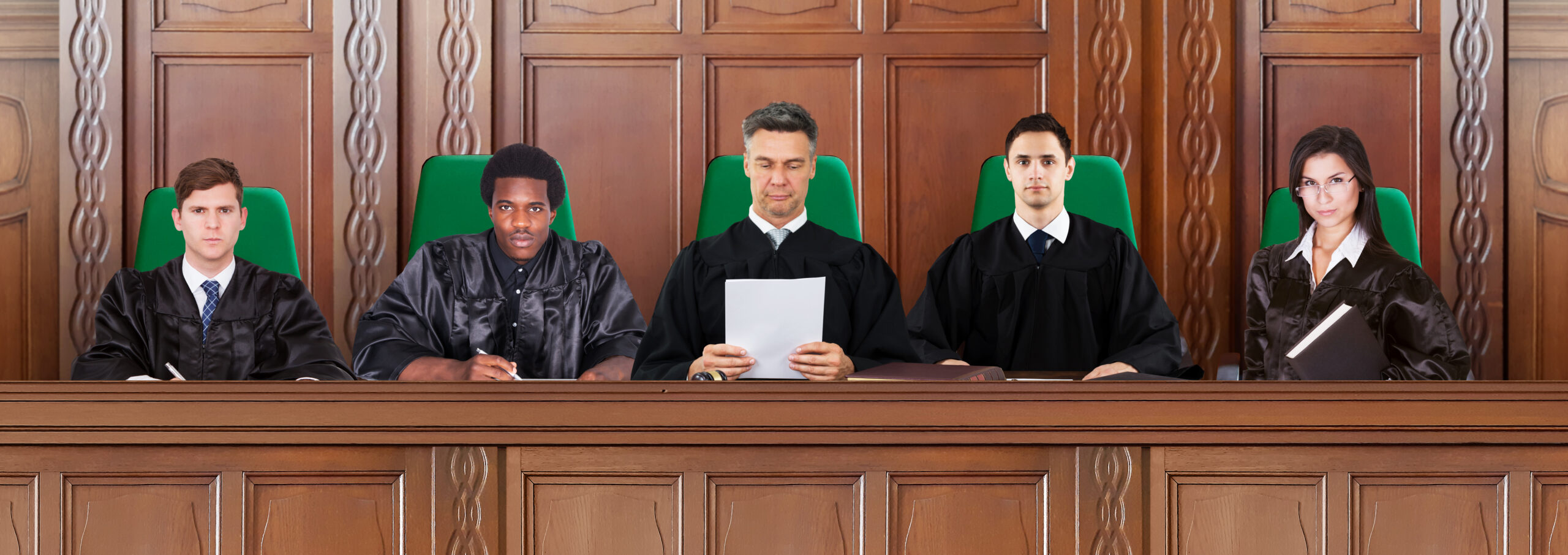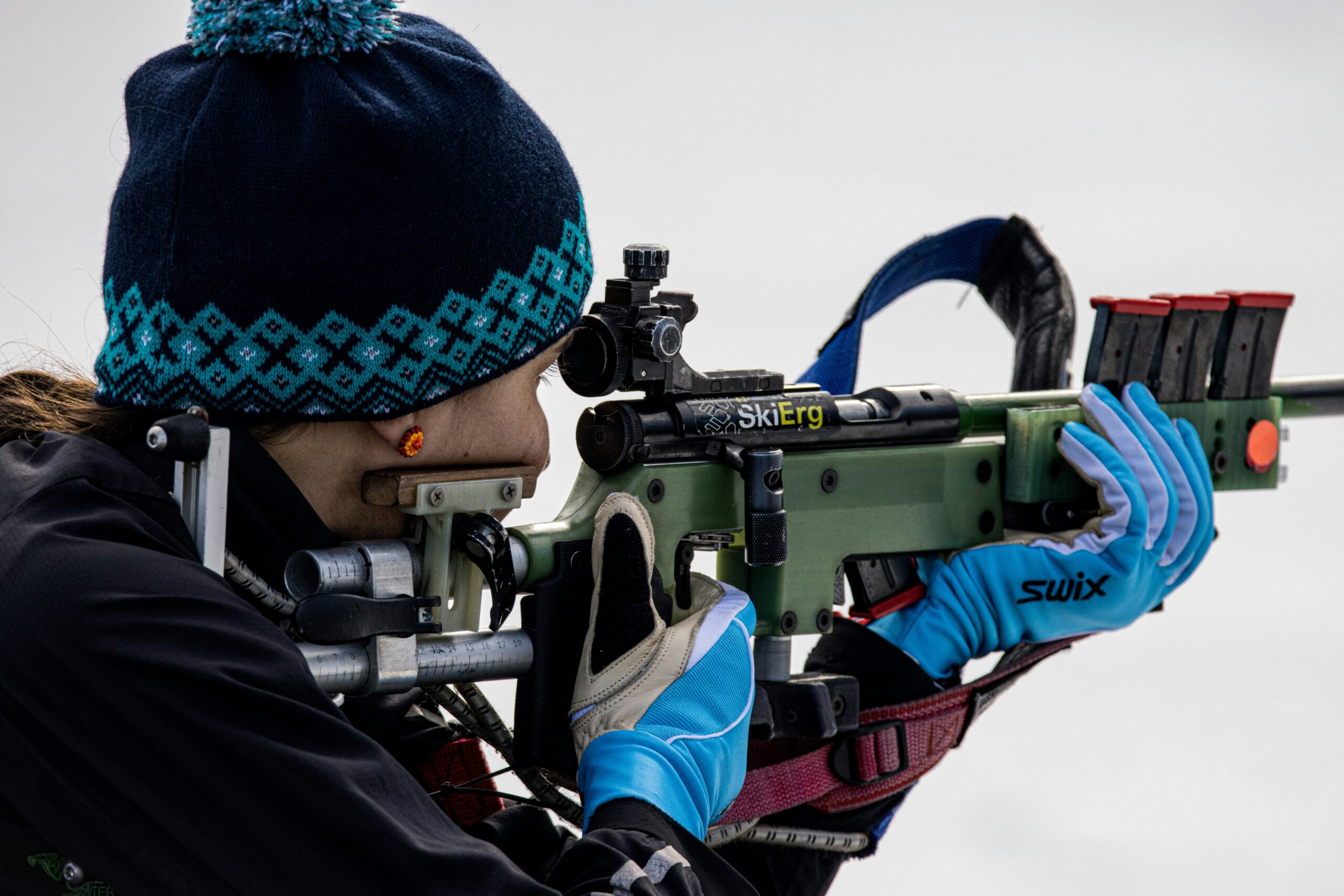If Your Message Is Good, Why Lie?
A First Principle is that two things can be true at the same time.
I can be fat and I can be old. Both are true, at the same time.
Next, who are you going to believe, me or your lying eyes?
50 years ago, a picture was worth a thousand words, and it could communicate truth where words could lie.
This was never “true”, it was just believed. Photographers have been doing “touch up” of photos since the earliest days. Some of that involved painting directly on the plates, other times it was more extensive.
It got to the point where people were building composite photographs, showing things that did not exist.

This painting caught my eye when I saw it in the National Gallery. I took a picture of it, then had a correspondence with the Gallery because I could not find it in their gallery.
The reason is that the painting doesn’t belong to the Gallery, so it is not in their gallery. This was explained to me, and then the very nice lady explained that this painting was a “fake”.
It was fake in that this particular scene never took place. This is not the artist adjusting the setting or anything like that. The artist was known to make quick sketches of interesting people doing interesting things. Or just interesting things. He would then create a composite image from those sketches and, from that image, paint something that wasn’t “real” but it wasn’t truly fake, either.
I expressed it as “The Photoshop of 1846”, to which she agreed.
We have become much more sophisticated. We even have a word for those manipulated and faked images, they are “Photoshopped”.
We see, and most of us recognize, the manipulations that are used on the cover of magazines. We notice it when things “just don’t look right”.
One famous example was the Vogue cover featuring Cindy Crawford. The magazine had “erased” her mole. She got upset and said that her mole was part of who she was.
I spent years working on Computer Graphics, making very high-quality renderings with no real images involved. At one point, one of my teammates was giving a presentation to some brass. He was talking about how we had managed to make our trees look more realistic.
As he was speaking, he was clicking through different images of a real place. Well, the digital elevation map, as we rendered it, with our fake trees planted where the trees were in the real location.
Not a single pixel of the images shown was real. It was all computer-generated images.
After about 15 minutes of the talk, somebody with brass on his shoulders stood up and said something like: Enough, I’ve been to there, I know what it looks like, I want to see your images.
Our fake images looked enough like the real thing that an intelligent guy, with stars on his shoulders, that he was looking at real images.
Those images took days to model, weeks of programming, hours per image to render.
Today, you can ask an “AI” to create an image for you, refine it, then push it out as real. The image will often be a composite of many real images or sub-images.
Photoshop actually has “smart fill” and “smart erase” that are designed to use AI to “seamlessly” fill areas of an image or erase areas of an image.
What 20 years ago took a team months to accomplish, a troll on a media team can accomplish in minutes.
It has gotten to the point where people can create an AI movie by creating the proper prompts.
Some AI-generated images are easy to detect. A Tuesday Tune I posted had visuals created by AI. Not my doing. Some guns were absolutely mind-blowing. The cylinders with 8 chambers, each chamber looking like a keyhole. It was fun, in its obvious errors.
We had the period of time when people were getting multiple rows of teeth, or hands with six fingers, or a dozen other “standard” errors. It was fun to pick out, or down right terrifying, depending on your view point.
Can we trust our eyes when we watch a video? We know some ways that things are faked. But this new technology is going to get better, harder to detect. We are already long past, “Pictures, or it didn’t happen”. We are rapidly moving past, “Video, or it didn’t happen.”











